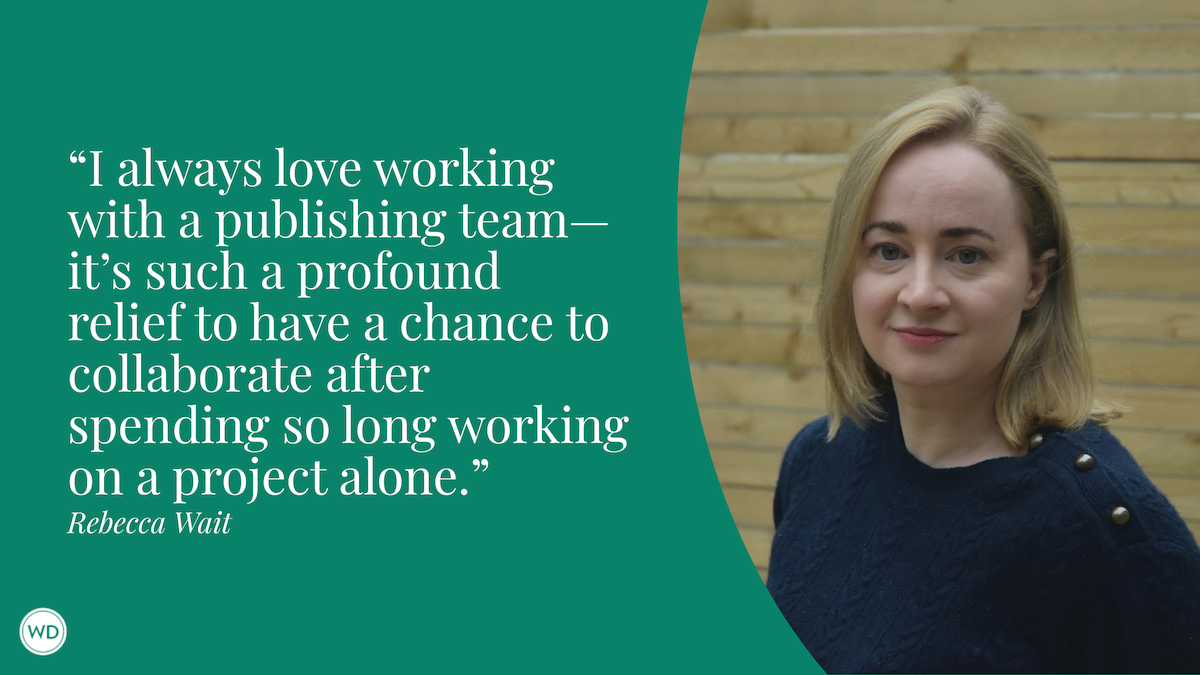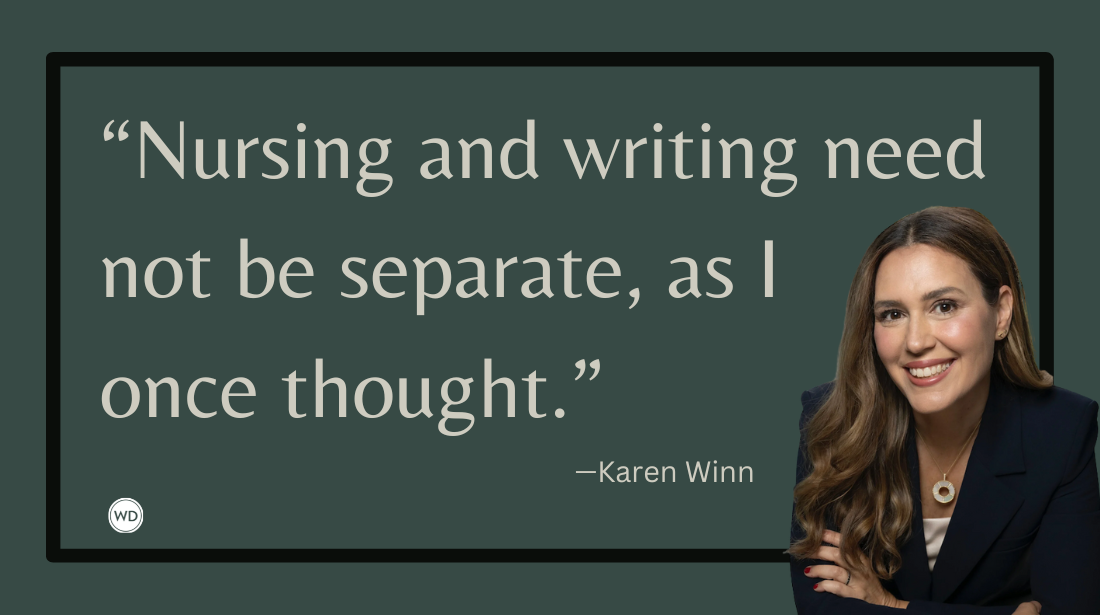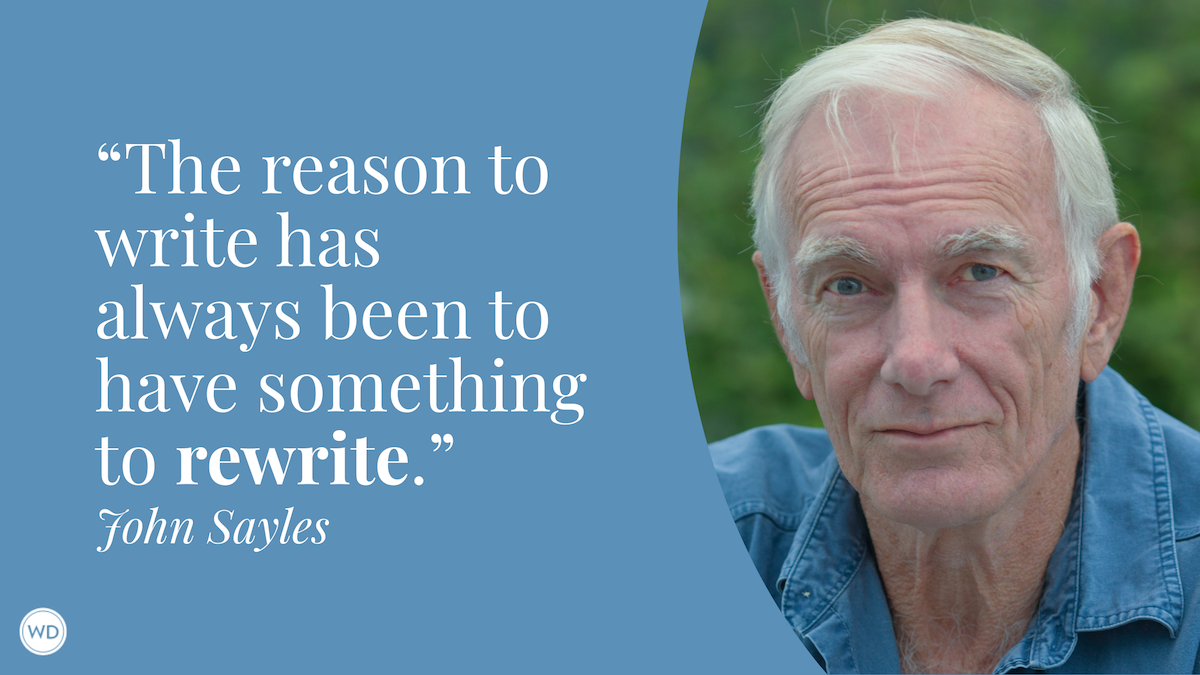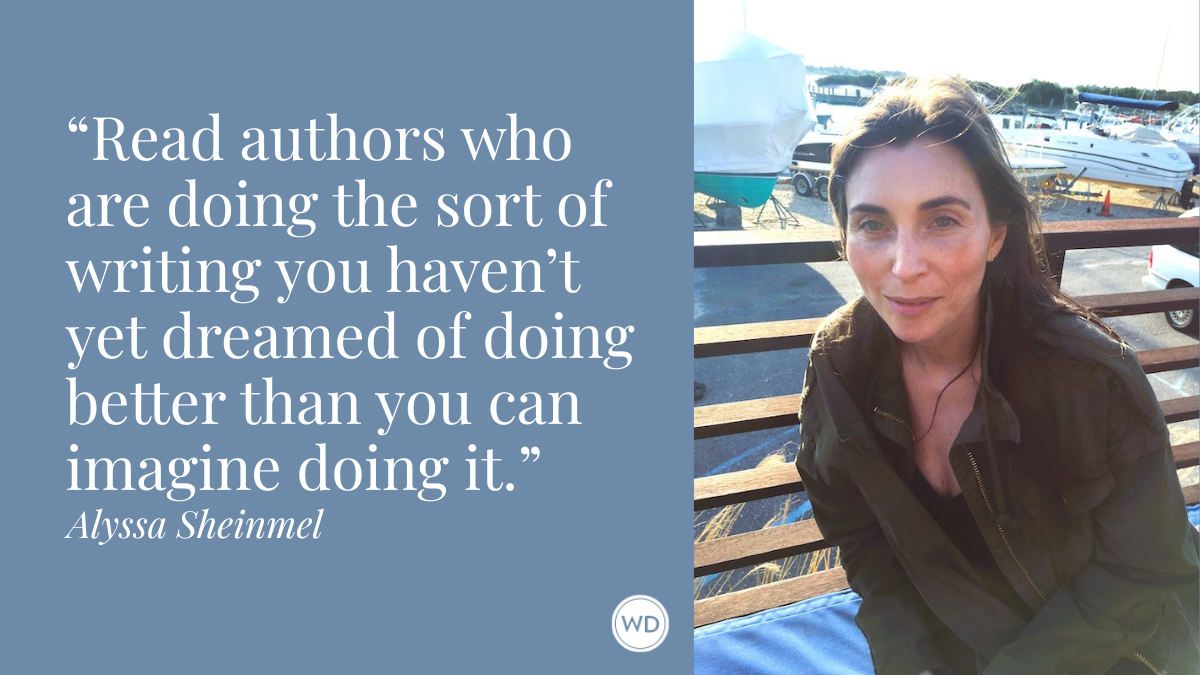Elizabeth Day: On Art Imitating Life
Award-winning author Elizabeth Day discusses coining the phrase “the compeller” when categorizing her new novel, Magpie.
Elizabeth Day is an award-winning author and broadcaster based in the U.K. Her chart-topping podcast, How to Fail, is a celebration of the things that haven’t gone right. Guests have included Phoebe Waller-Bridge, Gloria Steinem, Andrew Scott, Lily Allen, Mabel, Kazuo Ishiguro, and Malcolm Gladwell. It won the Rising Star Award at the 2019 British Podcast Awards. Elizabeth is the author of the novel The Party, which was published in the US in 2017. Follow her on Twitter, Facebook, and Instagram.
In this post, Elizabeth discusses coining the phrase “the compeller” when categorizing her new novel, Magpie, why she wanted to write this story, and more!
Name: Elizabeth Day
Literary agent: Nelle Andrew
Book title: Magpie
Publisher: Simon & Schuster
Release date: May 3, 2022
Genre/category: Fiction
Previous titles: The Party
Elevator pitch for the book: For fans of Gone Girl and The Perfect Nanny, a taut, psychological suspense novel about a perfect couple and their seemingly perfect roommate—that is, until she threatens to destroy everything they’ve worked so hard to create.
IndieBound | Bookshop | Amazon
[WD uses affiliate links.]
What prompted you to write this book?
My own fertility experiences were a big part of it. I hadn’t seen the reality of that depicted in a novel in the way I would have liked when I was in the midst of IVF or miscarriage. I wanted a novel that would explore the pain involved in becoming a mother, but also one that would make those themes accessible. That was why I wanted it also to be a gripping read, with a (hopefully) unguessable twist. It was a way of using a genre to convey important themes.
How long did it take to go from idea to publication? And did the idea change during the process?
I would say about two years. The only thing that changed during the process was the ending, funnily enough. The first version was a more conventional way of drawing plot threads together, but it felt unsatisfying because it veered into cliche and my characters deserved more than that. The second—and final—version is one I’m much happier with.
Were there any surprises or learning moments in the publishing process for this title?
One of the things that has surprised me is how readily Magpie is termed a “thriller” by reviewers and bookshops. I think we’re increasingly encouraged to fit things into specific genres and boxes, which I understand because I do that myself. But although I hope Magpie is a compelling read, I have to warn anyone who buys it that there are no dead bodies, murders, or grizzled detectives in there!
I have the deepest admiration for thriller writers because a thriller is so hard to get right, and I’m not sure Magpie falls into that category. If I could invent a new genre, it would be the compeller: a book that grips you and draws you in and leaves you breathless, without being an archetypal thriller.
I’m also always surprised to learn of the handful of readers who don’t enjoy “unlikeable characters.” I love unlikeable and unreliable characters—and there are definitely a few in here! To me, no character ever is truly unlikeable if the author is doing their job properly. It’s my job, as the writer, to explain the motivation that might make someone act in difficult ways. I hope that even if you don’t like how a character in Magpie is behaving, at least you’ll understand why they’re doing it.
Were there any surprises in the writing process for this book?
Yes—a global pandemic. I’d written about 15,000 words of Magpie when we went into lockdown. Normally I like to write in coffee shops, but obviously that wasn’t an option anymore. After a while, I decided to create a café in our spare room: I made myself a cup of tea, turned my phone onto airplane mode and I’d listen to ambient coffee shop sounds on YouTube.
That became my writing ritual every evening from 5:00-7:00 p.m., and the surprise was that it worked so well. I got really into the flow of it, to the extent that when I first went to a real-life café post-lockdown, I put my AirPods in and listened to the YouTube sounds as they helped my concentration! I don’t think it’s a coincidence that much of Magpie is set within the four walls of a house—it was my reality.
What do you hope readers will get out of your book?
I hope they’ll be entertained, surprised, immersed, and feel a little more seen and understood by the final page.
If you could share one piece of advice with other writers, what would it be?
Remember that writing is a craft as well as an art. 99 percent of the creative process is simply getting it done. You can have the best ideas in the world, but very few people will actually commit to the task of putting them on paper.
That’s why it’s important to keep writing, even when you feel it’s going badly. Just keep at it—a few words every day—and soon you’ll have a manuscript you can go back and edit.









